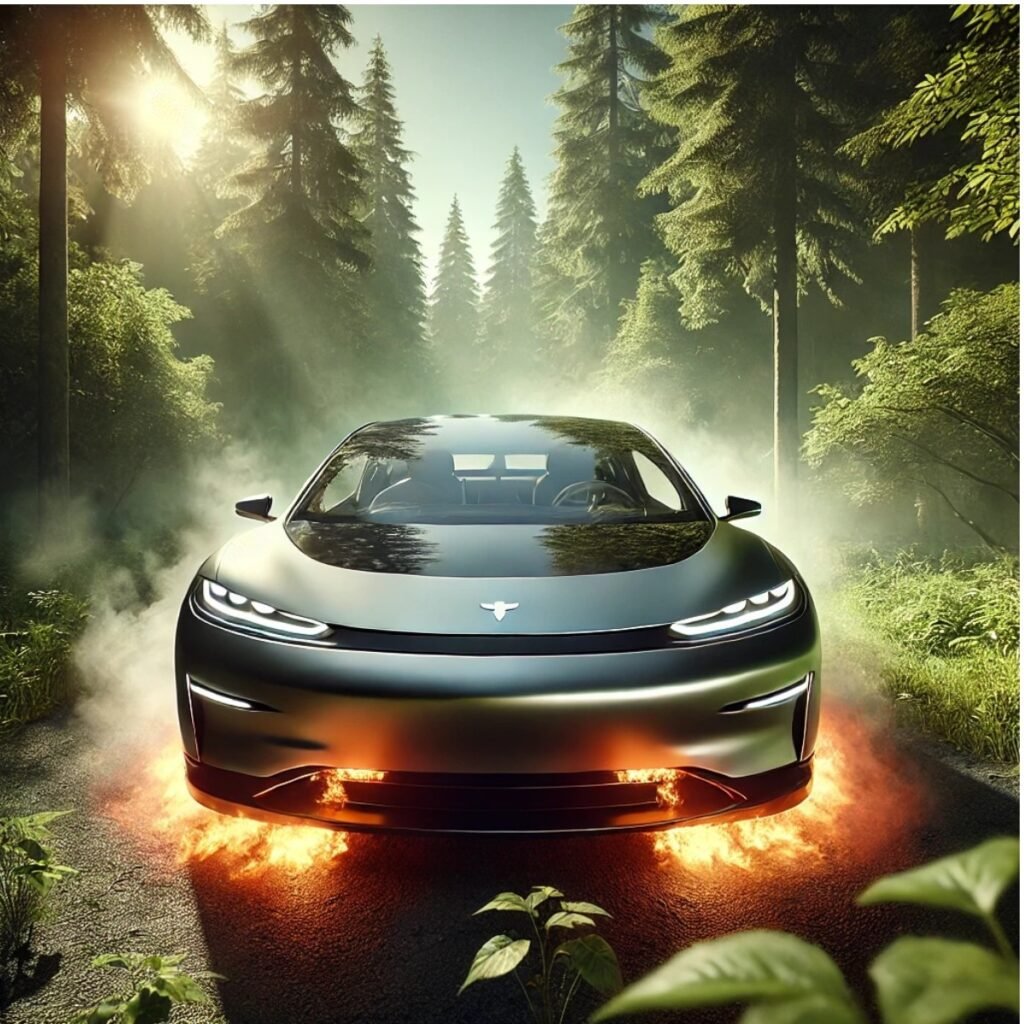Climate Change Fail: Five reasons how EV is harming the environment
Why EVs are bad for the environment
- Electric Vehicles (EVs) are causing more harm than good to the environment. Its battery components are challenging to recycle, leading to waste and pollution.
- Charging also requires the electric grid to burn more fossil fuel, releasing more CO2, which does not help mitigate climate change issues.
- Also, although Lithium-ion batteries have a lower risk of explosion than gasoline, reports of “exploding EVs” have been increasing.
The environmental cost of one EV
A single EV can generate about 8 to 12 tons of CO2, mainly due to the energy-intensive process of mining and processing lithium, cobalt, and other battery materials.
Five facts behind EV’s dangerous climate impact
- Misleading Environmental Claims: EVs are marketed as eco-friendly, but the production and disposal of batteries involve significant environmental impacts. Mining lithium and cobalt, essential for EV batteries, leads to habitat destruction and pollution.
- A new kind of slavery: Aside from environmental issues, mining is an ethical issue, such as encouraging modern slavery. The raw materials are primarily mined in poor countries, which leads to ecological degradation and exploitative slave labor practices.
- Energy Source Issues: Despite their green image, many EVs are charged using electricity from non-renewable sources like coal and natural gas, undermining their environmental benefits. It can also stress the grid, generating more fossil fuel.
- Limited Emissions Impact: If the electricity used to charge EVs comes from fossil fuels, the overall reduction in emissions is minimal, limiting their effectiveness in reducing carbon footprints.
- Unsustainable Production: The rapid push for EV adoption often overlooks the environmental costs of increased production and resource consumption, including energy-intensive manufacturing processes and increased demand for raw materials.
What people in the industry say
Lester, who works in the diesel generator industry, highlights the irony that EV adoption has driven demand for diesel-powered systems to support EV charging stations and increased the need for mining equipment used in lithium extraction.
His company, which builds large diesel packages for hospitals, data centers, and other facilities, has seen unexpected growth, enriching fossil fuel industries.
Similarly, John, an auto industry professional who works with major automakers like GM, Ford, and Stellantis, criticizes government mandates forcing companies to focus on EV production despite low consumer demand.
He argues that this push for EVs seems more like government intervention than a genuine environmental solution.
The only reason you should buy an EV
- The main problem with owning an EV is its shorter driving range, which requires constant charging. Therefore, installing your interface at home is best if you have the budget.
- Buying an EV also saves on fuel and maintenance but comes with higher insurance premiums and a higher maintenance fee when the warranty expires.











